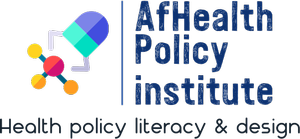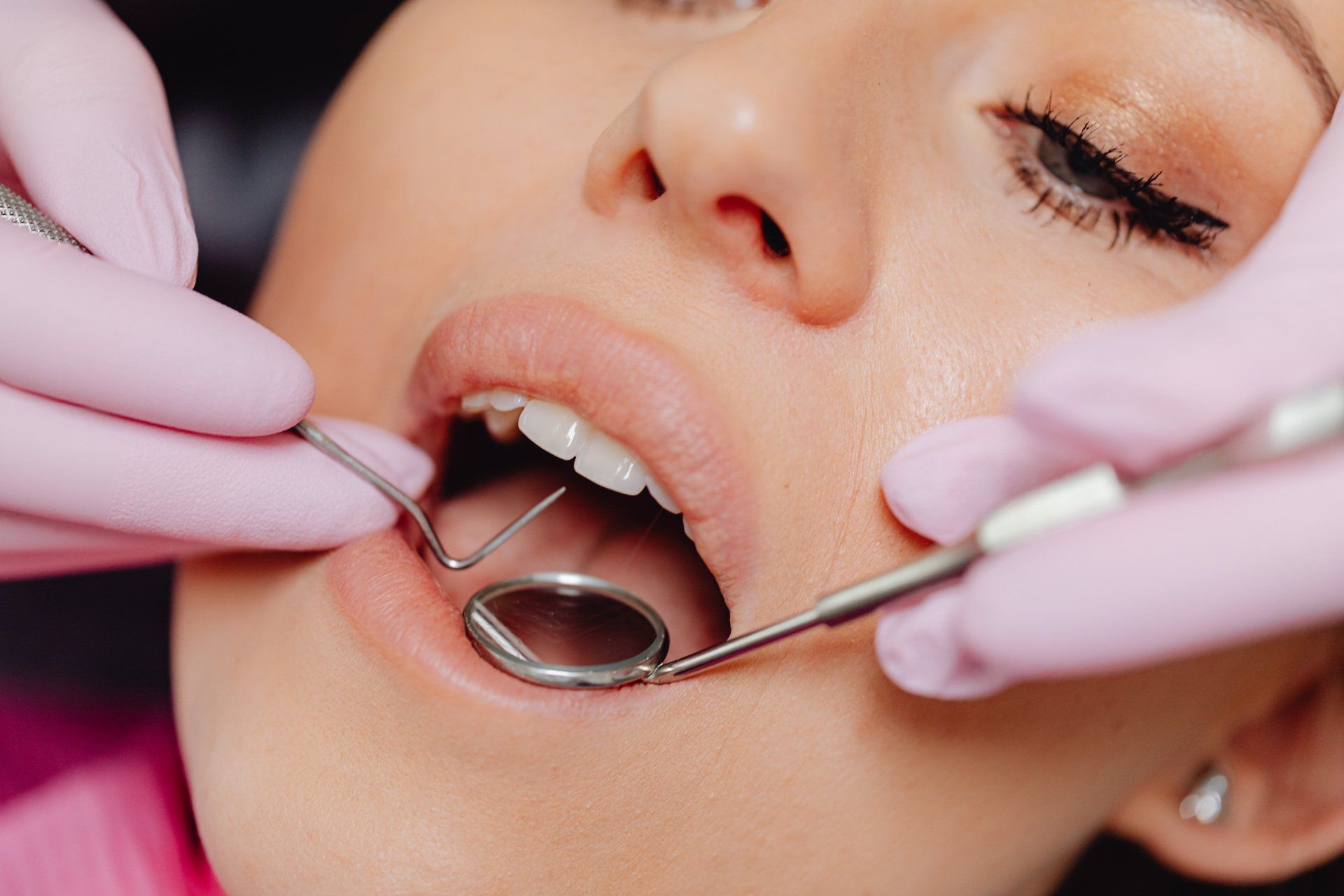Blog Layout
Health Policy in Africa: Current Status, future, and opportunities
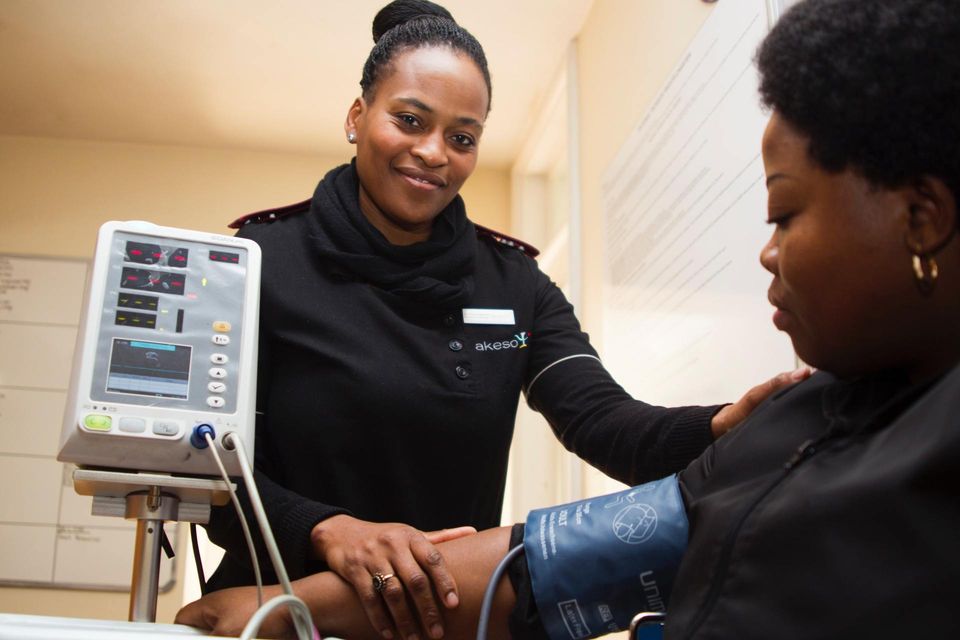
Comin soon...
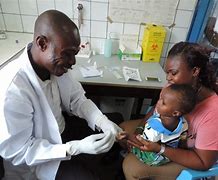
By Dr. Vuvu, PharmD
•
February 14, 2021
Universal Health Care in the Democratic Republic of Congo: How Close Are We? By Fiston Vuvu, PharmD, cMSc Africa Health Policy Institute A growing consensus for access to quality health care has led to universal health care (UHC) becoming a global health priority. Achieving UHC serves the purpose of increasing population coverage and providing financial risk protection (1) in case of health catastrophe.(1) Low to middle income countries (LMICs), such as the Democratic Republic of the Congo (DRC), are joining the call for universal public coverage. Existing evidence supports that UHC is prerequisite to sustainable economic development and poverty reduction.6 Thus, in DRC, policy interest for UHC has even grown pointedly since the ascension to power of the newly elected President, Felix Tshisekedi, who has committed himself to provide public health coverage to every Congolese citizen. However, the biggest question remains whether it is even possible to imagine the feasibility of UHC in the Democratic Republic of Congo. This publication will address this pertinent question and will also provide decision-makers with support evidence to make informative decisions in implementing UHC in the country. Universal health care in the DRC: Where are we? The DRC, one the world mineral-rich country, has experienced decades of improper governance, corruption, and repeated episodes of civil wars. Today, most Congolese in poverty with less than $1.90 per day. (2) According to the World Bank, the country has the potential of becoming one of the richest economies in Africa if improper governance can be remediated. In the recent years, the DRC economy has continuously expanded with a growth rate of passing from 2.4% in 2016 to 4.1 % in 2018.(4) The slow country economic expansion has also met ongoing legislative efforts to adopt UHC in the country. In 2014, for instance, the DRC adopted legislative resolutions and policy recommendations from the General Assembly of the National Steering Committee of the health sector to effectively decentralized the health system and established major health reforms. This was followed by the introduction in 2016 of a new bill to implement UHC in the country.(2) However, more key health reforms are still needed to fully implement UHC in the Democratic Republic of Congo. Financing UHC in DRC: From out-of-pocket payments to prepayment pooled sharing As with most LMICs, financing public health coverage is a major barrier in achieving UHC in DRC due to limited economic resources and weak institutional capacity of government. Out of pocket (OOP) payments, averaging $4.8-$10 USD,(1) remain the commonly used mechanism to pay for health care services. These payments are often paid directly to the health care providers at the point of service. A practice that has largely contributed in the impoverishment of many Congolese households. Supporting evidence has shown that relying heavily on OOP payments expose health care users to financial catastrophe.(2,3) As the DRC advances in the journey toward UHC, it is important for decision-makers to consider alternatives financing mechanisms with prepayment options, such as community-based health insurance (CBHI). The latter consists in pooling risks and resources at the community level where participating households voluntarily pay a predetermined amount of money in return for a healthcare service benefit package. For instance, in Katako-Kokombe (Central DRC), a CHBI was proved successful in providing health coverage to local population in areas where government or employer-based health insurance was minimal.(5) Universal health care in the DRC: Affordability and “Willingness to pay.” Increased access and affordability of insurance premiums will be two of the main factors to consider in adopting any health insurance schemes in the country. A survey completed in certain geographical areas of the DRC found that 9 out 10 Congolese households were willing to subscribe to a microinsurance health plan. However, 40% of the respondents felt that the premium--set at $6.65 per person annually--was too expensive .(3) The willingness to pay for the contribution to a voluntary health insurance scheme was $5.16 per household per year or $0.71 per individual.(3) Taking these figures into consideration, it is therefore important for any insurance schemes to consider lowering premiums when designing health coverage package. It is also imperative for the Congolese government to finance many health insurance initiatives as most Congolese will not be able to afford insurance premiums. Universal Health Care in DRC: What is next? The journey toward universal health care will require the country to continue the path of economic growth expansion. The latter will lead to more health reforms which consequently would stimulate utilization of health care services. The feasibility of implementing universal health coverage in the Democratic Republic of the Congo is difficult at this point of time. However, decision- and policymakers will need to continue with the efforts of sustain economic growth, of promotion of health policy reforms, and development of healthcare infrastructures to accommodate growing healthcare demands of the entire Congolese population. References 1. Savedoff, W., de Ferranti, D., Smith, A. and Fan, V. (2012). Political and economic aspects of the transition to universal health coverage. The Lancet, 380(9845), pp.924-932. 2. Laokri, Samia et al. “Assessing out-of-pocket expenditures for primary health care: how responsive is the Democratic Republic of Congo health system to providing financial risk protection?.” BMC health services research vol. 18,1 451. 15 Jun. 2018. 3. Gerstl, Sibylle, et al. “Who Can Afford Health Care? Evaluating the Socio-Economic Conditions and the Ability to Contribute to Health Care in a Post-Conflict Area in DR Congo.” PloS One, Public Library of Science, 24 Oct. 2013. 4. World Bank. World Bank Country and Lending Groups. https://datahelpdesk.worldbank.org/knowledgebase/articles/906519. Accessed September 3, 2019. 5. Shako, Modeste Ngongo, Jack Kokolomami, and Yves Kluyskens. "Introducing a microhealth insurance in Katako-Kombe, DRC: constraints and challenges," Public Health, Vol. 30, No. 6, 2018, 887-896. 6. Abiiro, Gilbert Abotisem, and Manuela De Allegri. “Universal health coverage from multiple perspectives: a synthesis of conceptual literature and global debates.” BMC international health and human rights vol. 15 17. 4 Jul. 2015.
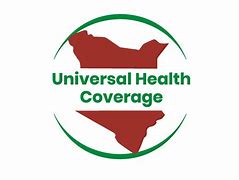
By Vuvu FV
•
December 13, 2020
Investment in Africa’s health systems is key to inclusive and sustainable growth. Strong economic growth in recent years has helped reduce poverty to 43 percent of the population. Yet, as Africa’s population expands—it is estimated to reach 2.5 billion by 2050—the region faces a critical challenge of creating the foundations for long-term inclusive growth. Many countries still contend with high levels of child and maternal mortality, malnutrition is far too common, and most health systems are not able to deal effectively with epidemics and the growing burden of chronic diseases, such as diabetes. These challenges call for renewed commitments and accelerated progress toward Universal Health Coverage (UHC) - the principle that everyone receives needed health services without financial hardship. Most African countries have integrated UHC as a goal in their national health strategies. Yet, progress in translating these commitments into expanded domestic resources for health, effective development assistance, and ultimately, equitable and quality health servives, and increased financial protection, has been slow. Countries that achieve their UHC targeyts by 2030 will eliminate preventable maternal and child deaths, strengthen resilience to public health emergencies, reduce financial hardship linked to illness, and strengthen the foundations for long-term economic growth. There is no one-size-fits-all approach to achieving UHC - strategies will depend on local circumstance and national dialogue Despite the great diversity of African countries, many are facing common challenges. This framework proposes a set of actions for countries and stakeholders involved in the UHC process. It is intended to stimulate action by demonstrating that progress toward UHC is not only possible, it is also essential. Source: https://www.worldbank.org/en/topic/universalhealthcoverage/publication/universal-health-coverage-in-africa-a-framework-for-action
